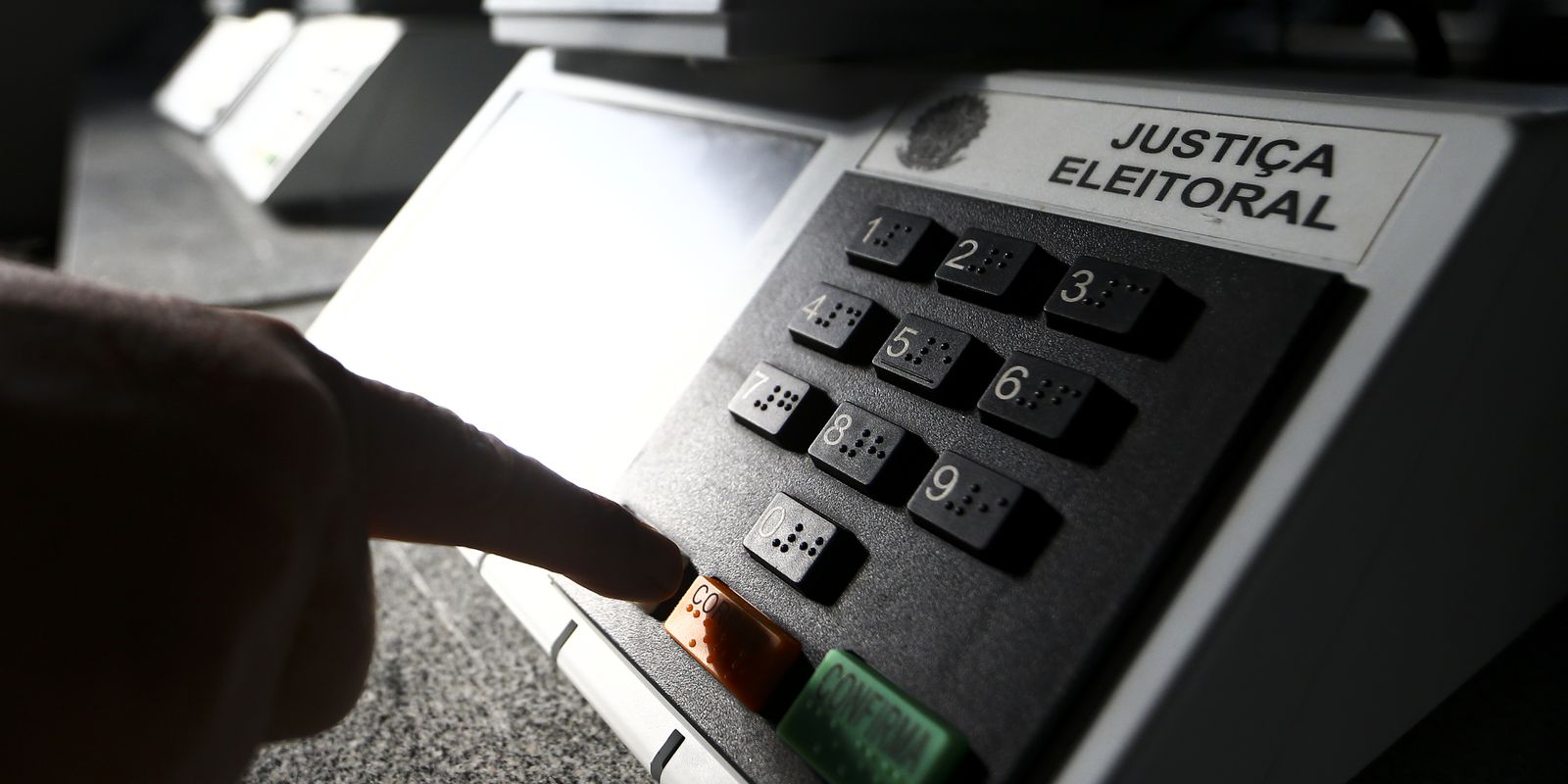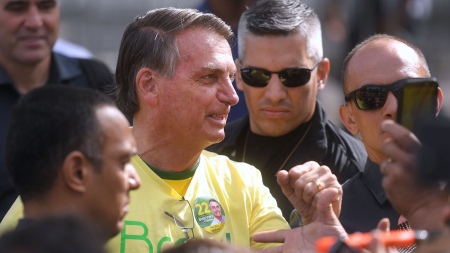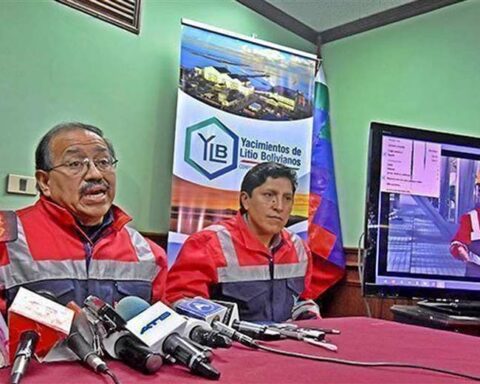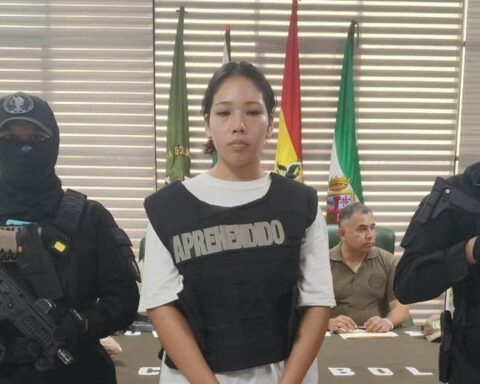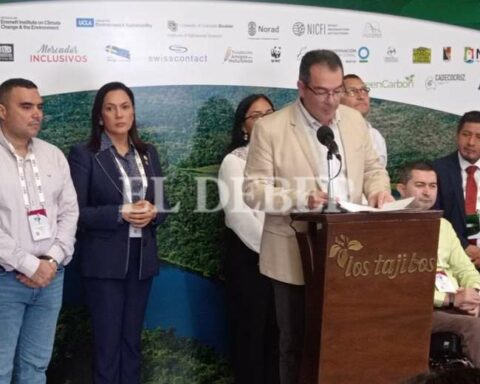October 30, 2022, 7:40 AM
October 30, 2022, 7:40 AM
The second round of the Brazilian presidential elections takes place this October 30, after none of the candidates reached the majority necessary to consolidate their victory. Thus, Luiz Inacio Lula da Silva Y Jair Bolsonaro faces are seen again in the ballot. Here we tell you everything you need to know about voting and the Brazilian electoral system.
How do elections work in Brazil?
Voting is compulsory for those who can read and write and are over 18 and under 70. People aged 16 and 17, and those over 70 or who are illiterate, can vote, but in that case it is voluntary. For these elections, there are 156 million Brazilians eligible to go to the polls.
The presidents of Brazil, as well as the deputies, have a period of four years. The Senate elections, on the other hand, are a bit different, because every four years there, a third of the senators are elected once, and two-thirds in the next election. In the first round, in addition, 27 governors were elected, in addition to the state legislative assemblies.
Who are the candidates?
Jair Bolsonaro, Liberal Party
Bolsonaro, who is considered to be on the extreme right, took office as president in January 2019 tafter winning the 2018 elections in the second round. He had previously been a deputy for the State of Rio de Janeiro for 27 years.
A retired military officer, he was elected with the backing of conservatives who supported his proposals to improve law and order in the country. Especially evangelicals, businessmen and rural landowners sided with him. True to that platform, Bolsonaro has cut taxes, increased support for the military, relaxed gun laws and weakened environmental regulations.
His term in office has been marked especially by the pandemic, with Bolsonaro downplaying the risks of the coronavirus. Brazil is the fourth country with the most deaths from covid in the world, with almost 685,000 deaths. However, Bolsonaro has also taken measures to support the poorest, including the Auxilio Brasil program, approved in December 2021 in Parliament and which replaces the Bolsa Familia program, established by Lula da Silva when he was in power, between 2003 and 2010.
Bolsonaro exceeded the projections of the polls in the first round, obtaining 43 percent of the votes, five points behind Lula da Silva. Surveys like the one by Datafolha ensured that the former leftist president had up to 21 points ahead of the far-right.
Luiz Inacio Lula da Silva, Workers’ Party
Da Silva, a former union leader, won the first round with a 5-point lead. It is his sixth presidential campaign, and as president of Brazil from 2003 to 2010 he enjoyed enormous popularity, leaving office with 83 percent support. This was largely due to the social programs he introduced to help the poorest families, plans funded by the commodity boom.
His participation in the elections in 2022 represents a great comeback for a politician who in July 2017 he had been sentenced to 10 years in prison for alleged corruption crimes, which prevented him from competing with Bolsonaro in 2018. In 2019, Da Silva was released after the Supreme Court determined that he had not received due process.
His current campaign has taken a more religious turn, as Bolsonaro appeals to evangelicals, who account for 30 percent of the electorate. Among other things, Lula has described the incumbent president as someone “possessed by the devil.”
Who were the other candidates?
The most relevant were Senator Simone Tebet, from the Brazilian Democratic Movement, who received 4.2 percent of the vote, and Ciro Gomes, of the Democratic Labor Party, who added 3 percent. None of the other 7 applicants got more than 0.5 percent of the preferences. The support of his voters will be crucial to define who will finally be the next president of Brazil.
What are the main problems?
Brazil continues to recover from the crisis unleashed by the pandemic, and the economy is one of the main issues of the campaign. Likewise, the coronavirus showed how important public health is for a significant number of voters.
The country is also facing rising inflation, sparked by the Russian invasion of Ukraine. The increase in fuel and food prices hits mainly the most impoverished sectors. Social inequality can also be a factor when deciding for one or another candidate. Likewise, environmental issues have been relevant, since Bolsonaro faces international criticism for his management of Amazon exploitation.


